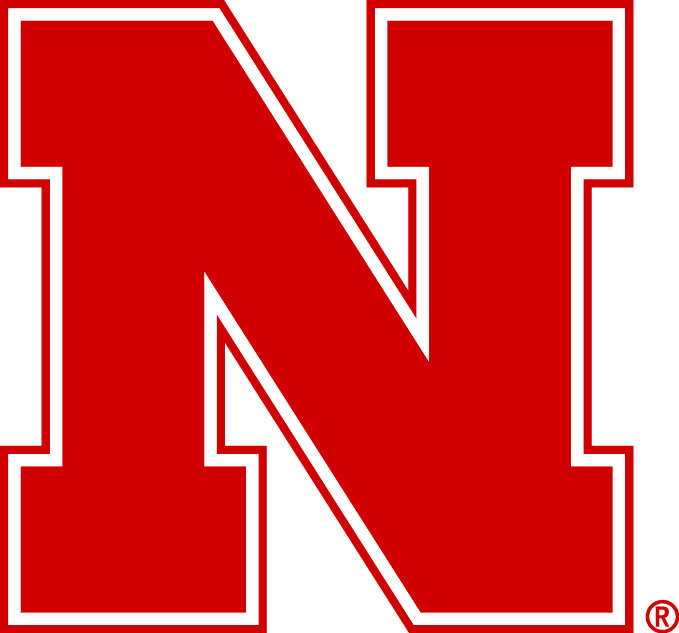In February, we celebrated Love Data Week. This month, the international data community is encouraged to celebrate an Open Data Day during the first full week of March. The Open Knowledge Foundation (OKFN; https://okfn.org/) leads this effort annually.
What happens during an Open Data Day event? Since 2021, there have been workshops, seminars, and crowd-sourced data analyses and visualizations among other events, hosted by public officials, statisticians, software designers and developers, and interested citizens of many nations. There are currently 187 events registered this year, at locations throughout the world (https://opendataday.org/#who). For example, the city government of Portland, Oregon will host “a series of presentations about city programs, geographic information systems, open standards, data governance, and more” (https://www.portland.gov/bps/smart-city-pdx/events/2024/3/6/celebration-open-data-day-2024). In a related event, the city also sponsors an Open Data DiscoTech, “a collaborative space to explore, learn, and develop tools around open data from the city. This event is open to community members, civic tech community, students, academic institutions, local businesses, and grassroots organizations” (https://www.portland.gov/bps/smart-city-pdx/events/2024/3/2/2024-city-portland-open-data-discotech). In Rome, Italy, there will be a panel discussion to examine whether a compatible relationship can exist between AI and open government (https://www.forumpa.it/webinar/intelligenza-artificiale-e-open-gov-un-matrimonio-possibile/).
As you may have inferred from the examples above, this week-long celebration emphasizes the value of open data to local and global citizens in understanding where and how they live, its potential to solve problems, uncover government waste or fraud, and create positive opportunities. For example, some ideas put forward for this year’s celebrations include accessing open data to inform disaster risk management, to discover environmental or climate trends, or to explore open resources to understand the health of our oceans (https://opendataday.org/#resources).
While there are no Open Data Day events registered for Lincoln, the city government maintains an Open Data and Performance Management resource (https://opendata.lincoln.ne.gov/). The eight data categories are environment, government, health, boundaries, economy, neighborhoods, transportation, and public safety. Selecting neighborhoods currently leads to a collection of 159 datasets (e.g., Historic Preservation Sites), documents (65, such as the Countywide Trails Plan), and apps and maps (19, such as City of Lincoln Park Boundaries).
Within our UNL community, consider the data you collect. Is there value now – or potential value in the future – to sharing these data? Are there obstacles to data sharing? In considering these questions, keep the UNL Libraries’ Research Partnerships faculty in mind (datamanagement@unl.edu). We can assist with reviews of data management plans, help you to curate the data, and identify appropriate data repositories for data sharing and preservation. We’re here to assist you in opening your data.
